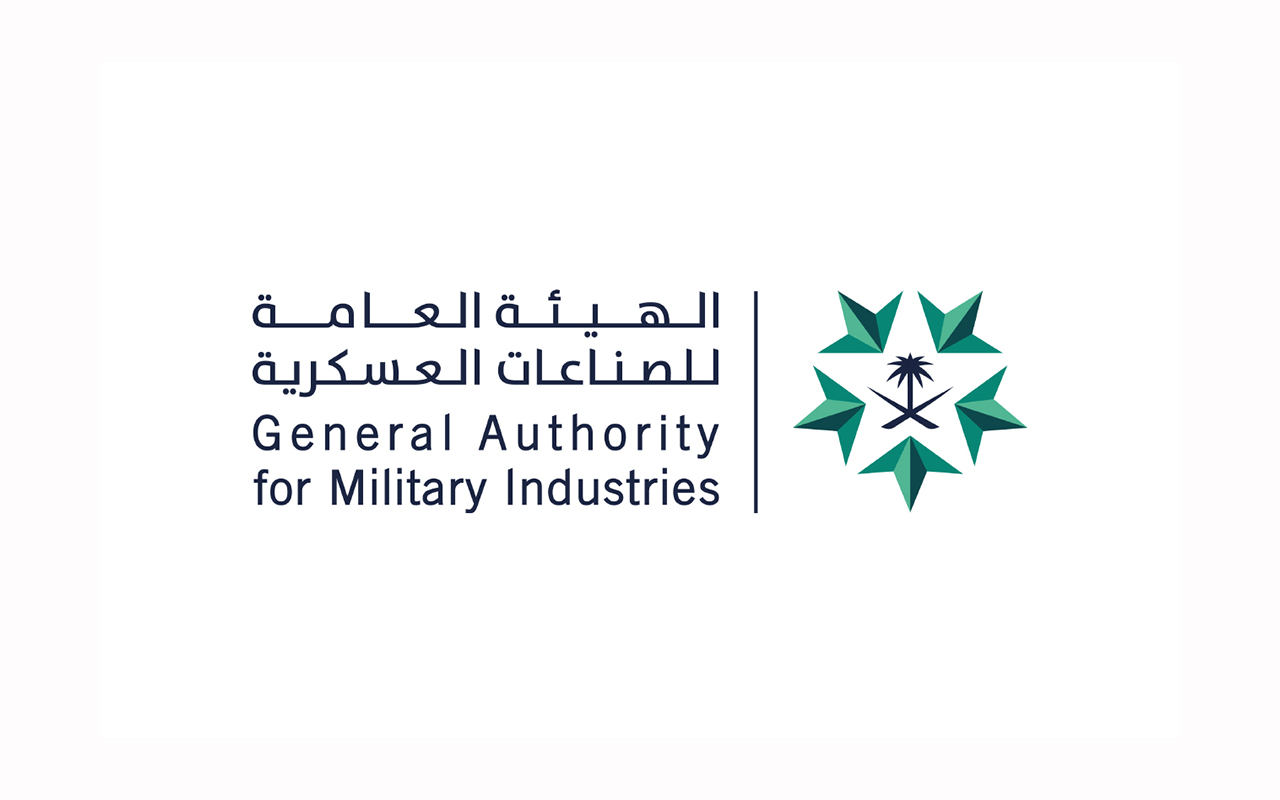General Authority for Military Industries (GAMI)
The General Authority for Military Industries (GAMI) is the entity responsible for regulating the military industries sectors in the Kingdom of Saudi Arabia. It focuses on localizing, developing, and monitoring their performance. The authority is involved in issuing licenses for the manufacture and export of military equipment for both public and private sectors. Established in 2017, it actively contributes to the country's Gross Domestic Product (GDP) and strengthens national military manufacturing capabilities, in line with the goals of Saudi Vision 2030.
Role of the General Authority for Military Industries
The General Authority for Military Industries plays a central role in supporting the Kingdom's defense sector. It aims to localize 50 percent of the Kingdom's total military spending by 2030. This is achieved through three primary pillars: the development of military industries and technologies, the nurturing of national competencies, and the enhancement of exports.
The establishment of the authority came in response to the rise in the Kingdom's military expenditure over many years. In 2015, the Kingdom ranked third globally in terms of military spending volume.
According to its regulatory arrangements, the authority performs several tasks and roles. Among the most prominent are: setting strategies and policies, preparing regulations for the military industries sector and its rules, managing military procurement operations for military and security entities, establishing specific standards for military industries, and identifying suitable locations to establish military factories.
Strategic pillars of the military industries sector
The strategy for the military industries sector in the Kingdom is built upon three primary pillars that define the sector's tasks:
1. Military Procurement Pillar: This involves the authority's close collaboration with local military and security entities to enhance purchasing processes by achieving efficiency in spending, ensuring industrial prioritization, supporting local manufacturer capabilities, standardizing best practices across military entities, and leveraging the consolidated purchasing power of the sector.
2. Military Industry Pillar: The authority seeks to localize this sector in the Kingdom, targeting a localization rate exceeding 50 percent of the Kingdom's expenditure on military equipment and services by 2030, with eleven targeted areas in the industry identified.
3. The foundation of military technology development: It aims to build national capabilities to support future plans for advancing modern and sophisticated military industries in the Kingdom. Priority technologies have been identified to stimulate human capital development, provide appropriate educational opportunities, and establish specialized national research centers and laboratories in the field of military industries. This is achieved through seven research areas, branching into twenty-one targeted technologies that the authority works on developing and localizing.
Localization efforts in the Kingdom's military industries
As part of the plan to localize military industries in the Kingdom, in 2020, the General Authority for Military Industries launched a program for the localization and construction of Software Defined Radio (SDR) technology, marking the first of its research programs to build secure military communication systems. In 2020, the Ministry of Defense and the authority announced the launch of the first locally manufactured HSI32 fast intercept boat, in addition to launching the first floating dock.
The authority, in collaboration with Lockheed Martin Saudi Arabia and Africa, is working on localizing the manufacturing of parts of the THAAD missile interception system in the Kingdom.
System of the General Authority for Military Industries
The General Authority for Military Industries enjoys a legal personality and administrative independence, operating with its own annual budget. Organizationally, it is affiliated with the Prime Minister. Its civilian members are governed by the Labor and the Social Insurance Law.
The authority conducts its operations from its main headquarters in the capital, Riyadh. It has a board of directors responsible for managing its affairs and making all necessary decisions to achieve its objectives. The authority has a governor with the rank of a minister, appointed based on the recommendation of the chairman of the board of directors, and is responsible for managing the authority's affairs.
The General Authority for Military Industries acts as the entity responsible for enabling, regulating, and licensing military industries. It interacts with several entities in various defense industry fields. Among the most prominent of these entities are: foreign governments, export markets, universities and applied colleges, research institutes, local defense companies, foreign companies specializing in the manufacture of original equipment, and local defense bodies.
Mechanisms of the General Authority for Military Industries
The electronic licensing platform of the General Authority for Military Industries simplifies the licensing process by offering three main categories: military industries, military services, and the supply of military products or services. The platform provides several services, notably: issuing local operating licenses, providing ample basic information on the regulatory regulations for military industries in the Kingdom, and offering investment advice to new companies in this market.
World Defense Show
In 2020, the General Authority for Military Industries announced the launch of a biennial World Defense Show. The first edition was organized in the capital, Riyadh, from March 6-9, 2022. It witnessed the participation of six hundred exhibitors from forty-two countries, attended by more than eighty military delegations and 65,000 visitors from eighty-five countries.
The show focused on various types of defense industries and recorded military and defense purchase deals and contracts between local and international entities worth a total of SAR29.7 billion. This made the exhibition a global platform for establishing quality partnerships and supporting efforts to develop defense and security industries locally and internationally.
